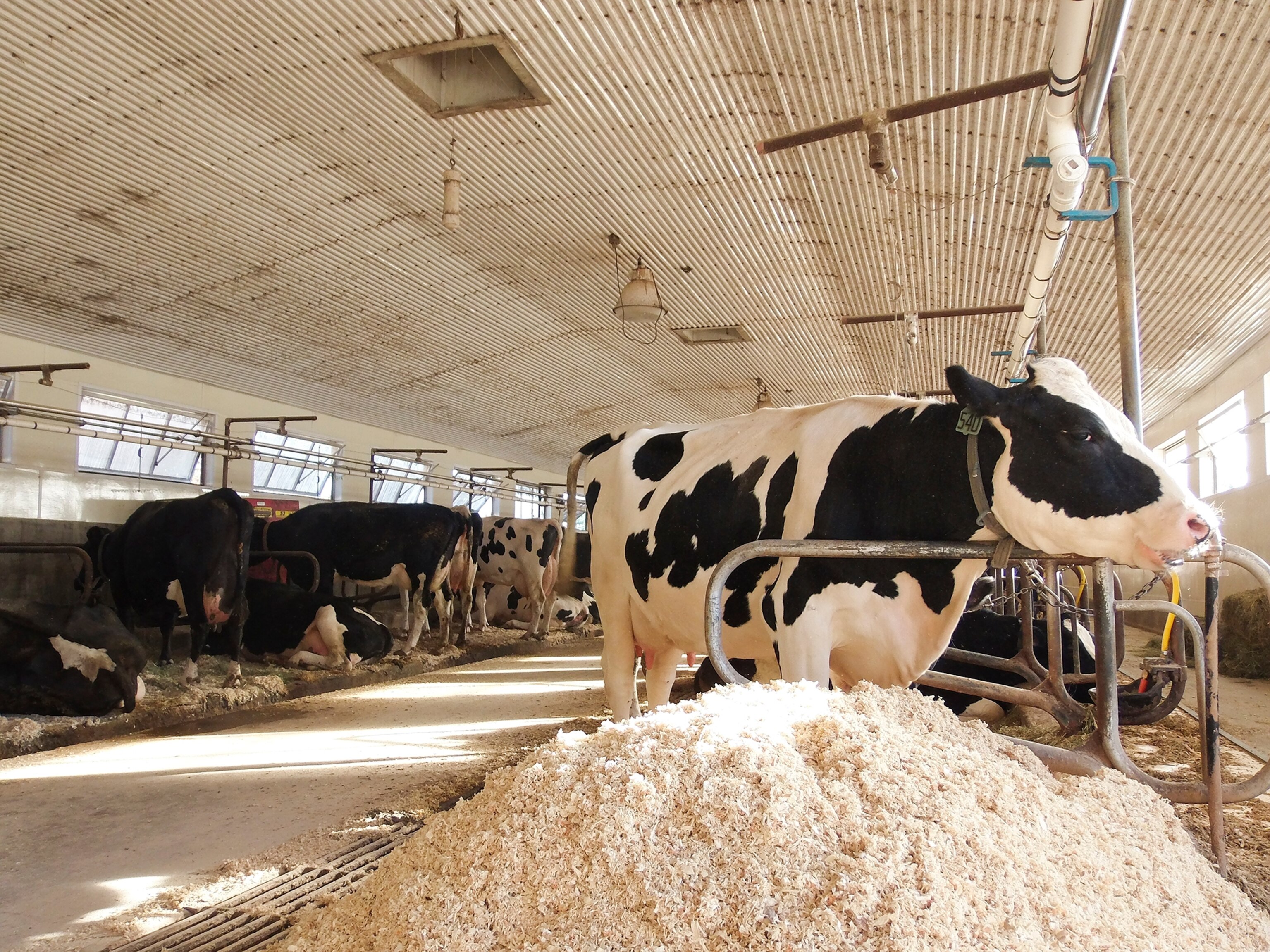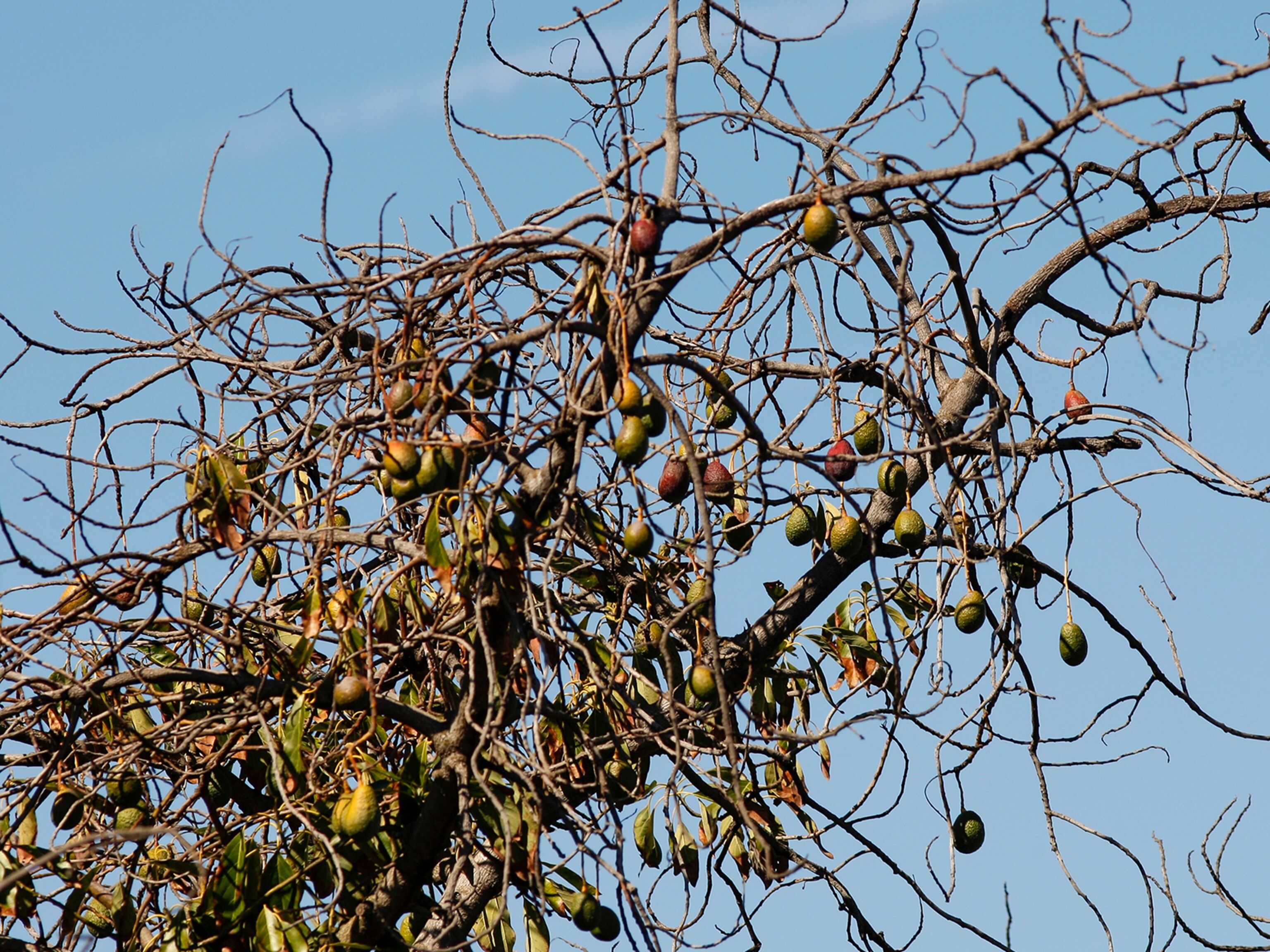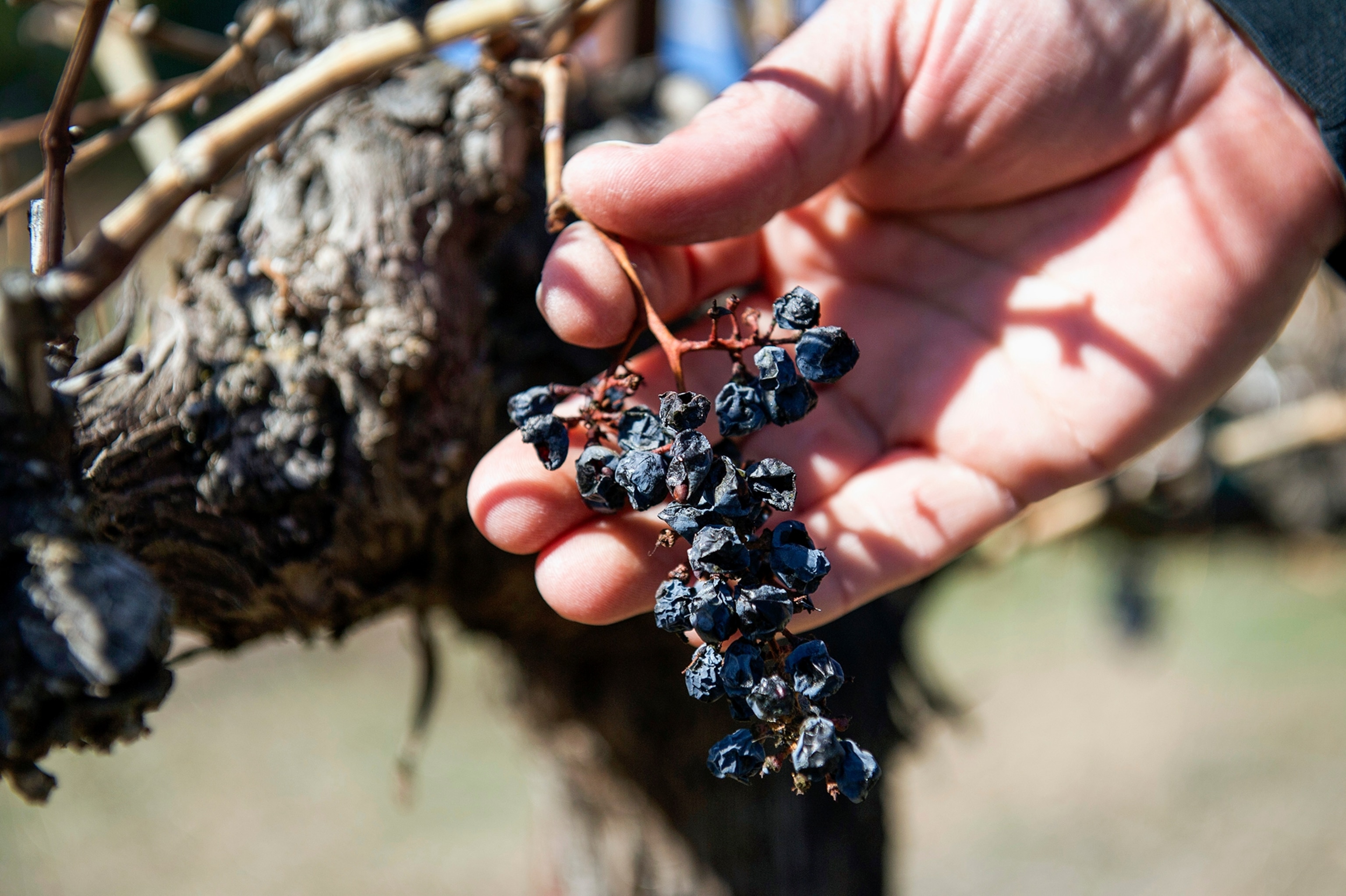
These 5 Foods Will Be Harder to Grow in a Warmer World
Farmers will need to take increasingly drastic and expensive measures to cope with droughts, frosts, and ever-changing growing seasons, says IPCC's new report.
The reality of climate change has already hit farms, ranches, and orchards around the globe, according to the latest report from the UN's Intergovernmental Panel on Climate Change. While some crops will grow better in a warmer world, the report found that the negative impacts—including widespread crop damage, smaller harvests, and higher food costs—far outweigh any upsides.
The report predicts that yields of major food crops like corn, wheat, and rice are likely to start decreasing by 2030 and will continue to decline by up to 2 percent a decade.
No particular crops are likely to disappear any time soon, says David Wolfe, professor of horticulture at Cornell University in Ithaca, New York, and committee member of Cornell's Institute for Climate Change and Agriculture. Still, he predicts that farmers of the near future will likely have to take increasingly drastic and expensive measures to cope with epic droughts, summer heat, rogue frosts, and ever-changing growing seasons. "If it was as simple as gradual warming, farmers could plant around it," he says. "But as this global experiment has been playing out, farmers are seeing things they've never seen before."
As a result, he says, "millions of Americans are going to have a harder time affording a good, nutritious diet." Here's a look at five bellwether foods that could be especially challenging to grow in a changing climate.

1. Avocados
Chipotle restaurants recently created a mild panic when it warned investors that if harsh weather limits the supply of avocados, the company might someday have to "suspend" production of guacamole. While restaurants are unlikely to run out of avocados anytime soon, Wolfe says Chipotle was right: Drought and heat could threaten some groves, especially in parched central California. "Avocados could be a poster child for the threats to California agriculture," he says. "Even if the current drought breaks in a couple of years, models suggest water is going to be an increasing problem in California."
2. Almonds
As Wolfe explains, almond trees—like many other fruit and nut trees—need long stretches of winter temperatures below 45 degrees Fahrenheit to spur blossoms and buds in the spring. Many almond-growing regions in California barely get cold enough as it is, he says, so any winter warming could shut down some orchards for good.

3. Grapes
Soaring summer temps can take a toll on these delicate fruits, making vintners in Napa Valley and elsewhere nervous. "They'll still be making wine for a long time to come," Wolfe says, "but stacking up against the best wines in the world is going to be increasingly challenging."
4. Milk
"Cows like cool weather," Wolfe says. "The optimum temperature for milk production is 40 to 70 degrees Fahrenheit, and not many dairy farmers can afford air conditioners. Milk isn't going to disappear, but it might have to be shipped in from cooler areas."
5. Tree Fruits Like Apples and Cherries
In a counterintuitive twist, climate change has left apple, cherry, and many other fruit trees especially vulnerable to killing frosts, says Jerry Hatfield, laboratory director of the USDA's National Laboratory for Agriculture and the Environment in Ames, Iowa. "We've lengthened the growing season without changing the frequency of frost," he says. In 2012, apple trees in northern New York bloomed three to four weeks ahead of schedule, only to be hit hard by a late-March cold snap. Statewide, the harvest was worth about $250 million less than the year before. Also in 2012, an April frost largely wiped out Michigan's early-blooming crop of tart cherries.